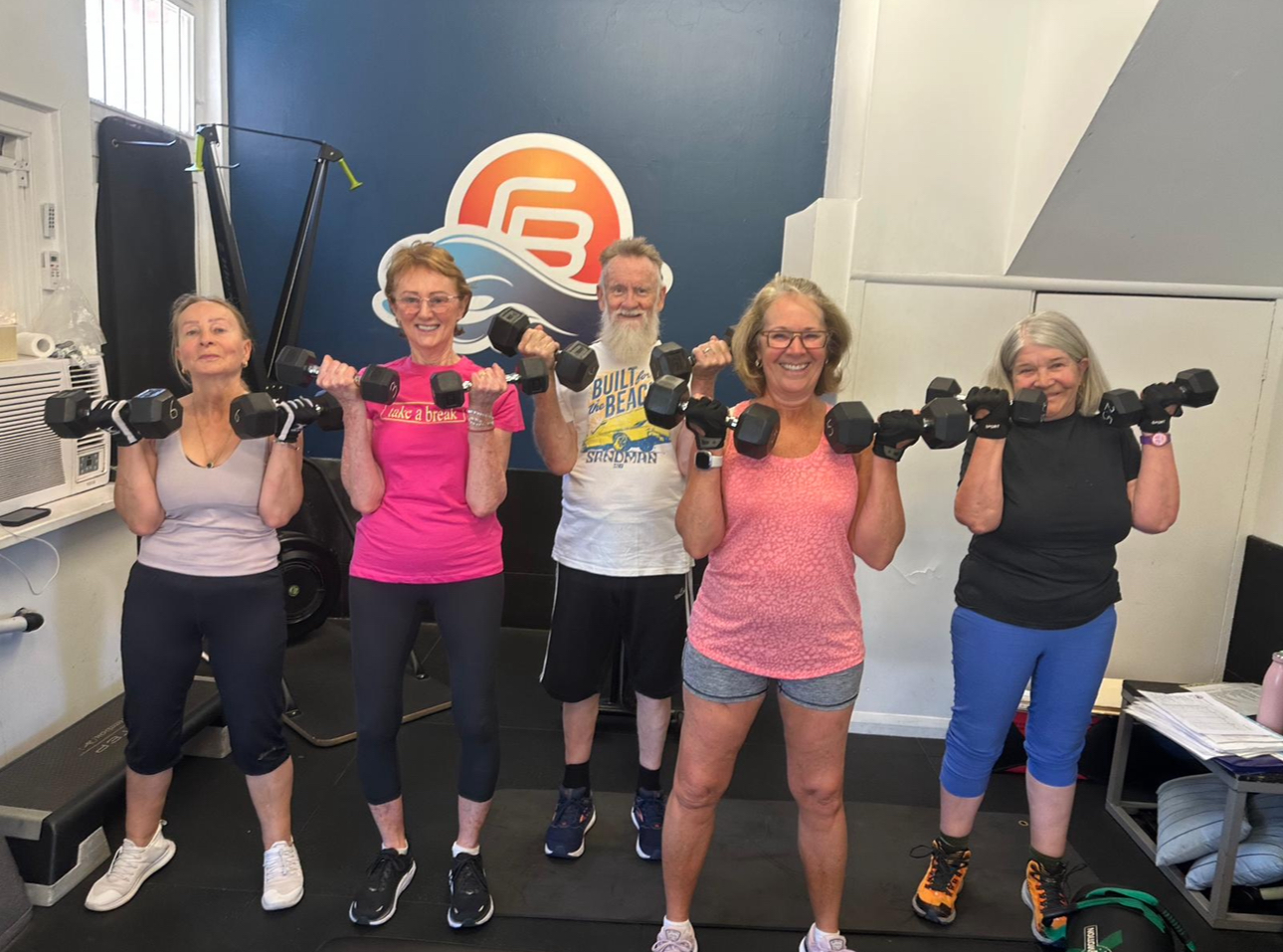Exercise: A Vital Part of Cancer Treatment

Contrary to previous medical advice encouraging you to rest, there has recently been an exciting and dramatic shift in the approach to the treatment of cancer. Exercise, particularly resistance training, is now being prescribed by a group of leading Australian cancer experts as a vital part of the treatment plan for cancer patients, even if you have an aggressive or terminal form of the disease.
According to the Clinical Oncology Society of Australia (COSA), cancer patients should include:
- Two to three weights/resistance training sessions per week of moderate to vigorous intensity, focusing on the major muscle groups.
- At least 150 minutes of moderate aerobic exercise or 75 minutes of vigorous aerobic exercise (for example jogging, cycling, swimming, or walking) each week.
While this may not be possible for everyone, it is now thought that exercise can improve the effectiveness of your chemotherapy. As exercise increases your blood flow, if you exercise immediately before or after receiving your chemo, this potentially results in more of the chemical getting inside the tumors, which often have a really poor blood supply.
In addition, a regular training regime may also:
- Significantly improve your survival rate (in one study by up to 44%).
- Reduce the side-effects from your chemotherapy and radiotherapy (such as nausea and fatigue).
- Help to minimize your loss of muscle mass due to chemo.
- Help to prevent a recurrence of your cancer.
- Improve your overall feeling of wellbeing.
- Boost your self-esteem.
Understandably, the thought of joining a gym is probably not particularly appealing when you're undergoing treatment and not feeling your best or most glamorous. However, our Studio at Coastal Bodies is different. We work hard to make sure you feel comfortable and relaxed in our small, friendly, inclusive, and unpretentious home-away-from-home environment. In addition, our team of tertiary-qualified trainers is experienced and can help you on your journey by:
- Preparing an individualized program that is specific to your personal needs.
- Starting you off slowly, and progressing you over time.
- Helping to strengthen and improve your areas of weakness.
- Working in conjunction with other health professionals to ensure your overall wellbeing.
Developing cancer is something that everyone dreads, and if it has happened to you or someone you love, it may well have affected them physically and psychologically. The combination of professional training skills and a warm and welcoming atmosphere can help make a real difference in ensuring that the challenge of resisting and overcoming the effects of cancer is real – and effective.
More insights
Discover more posts from our team.




